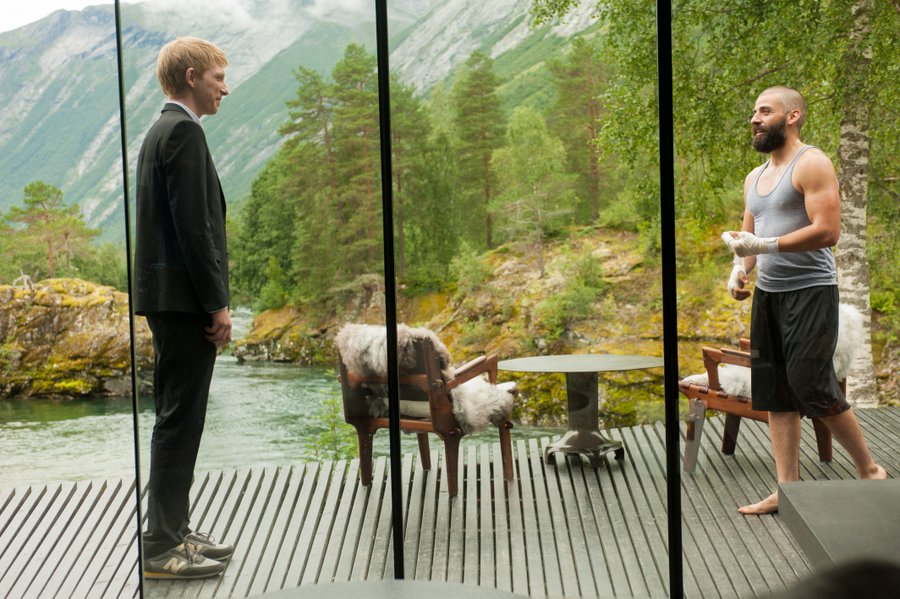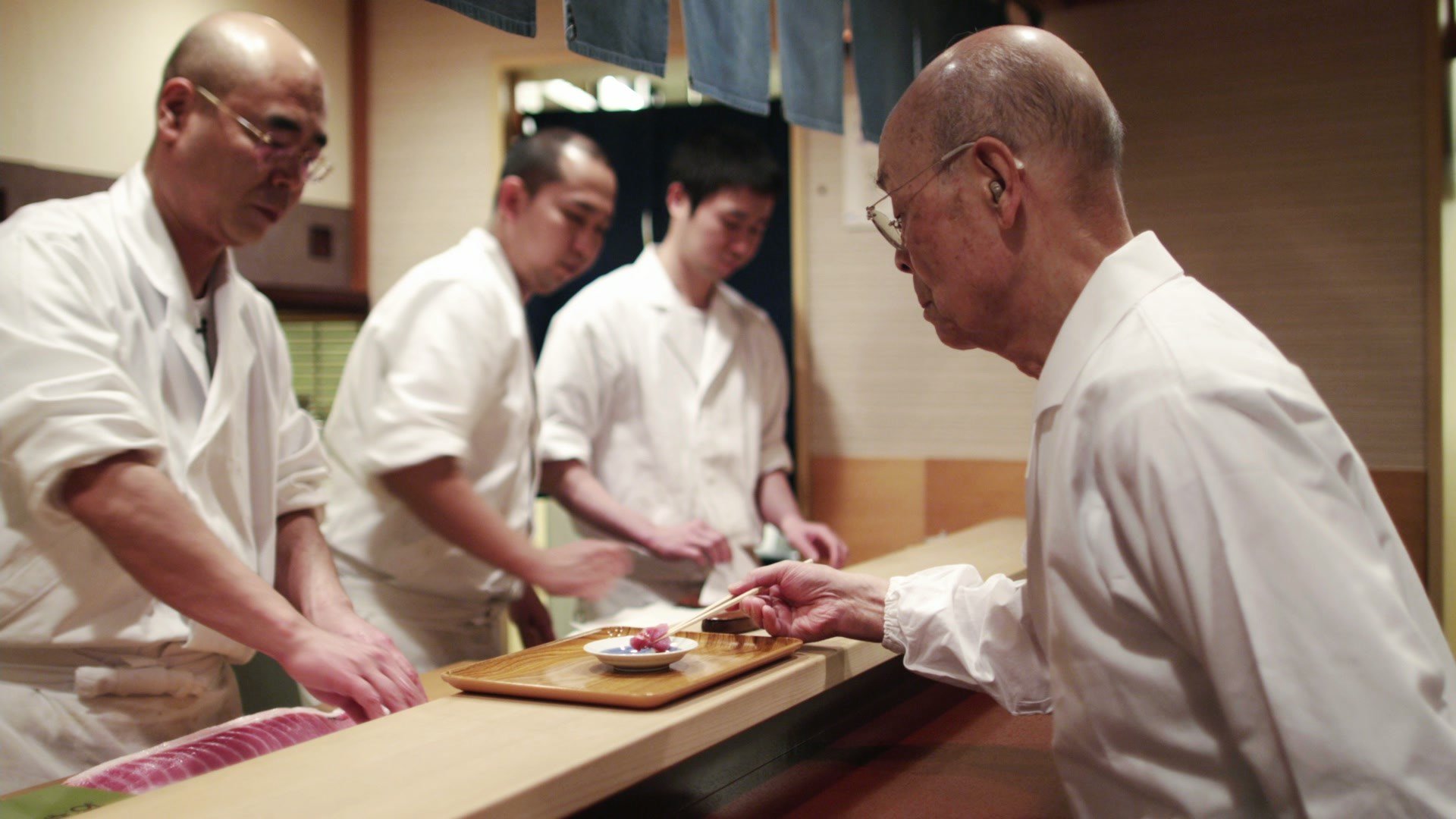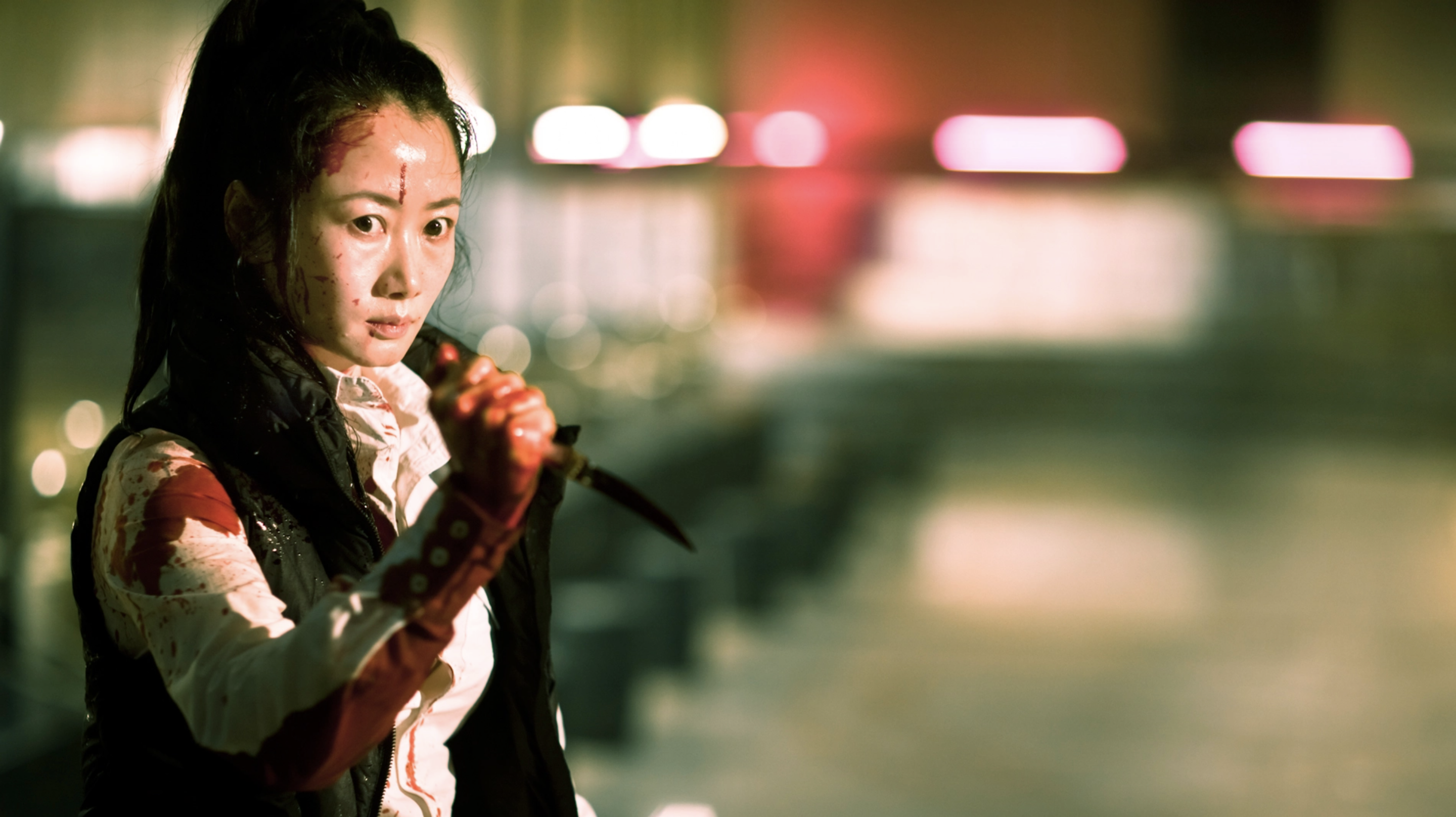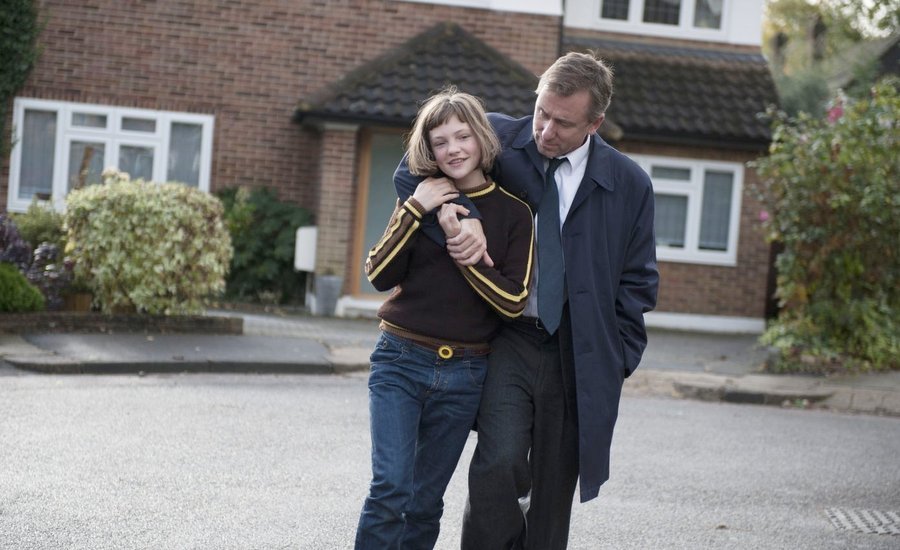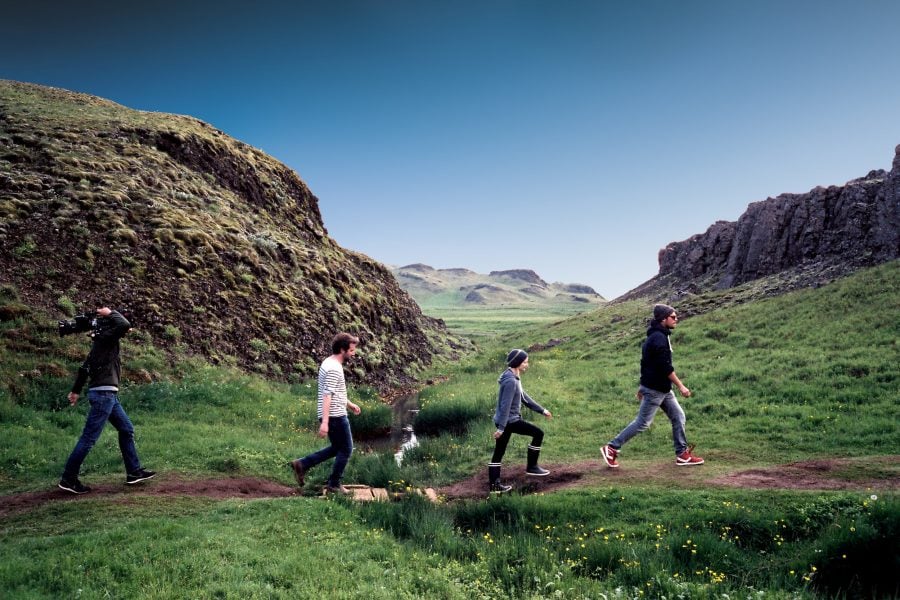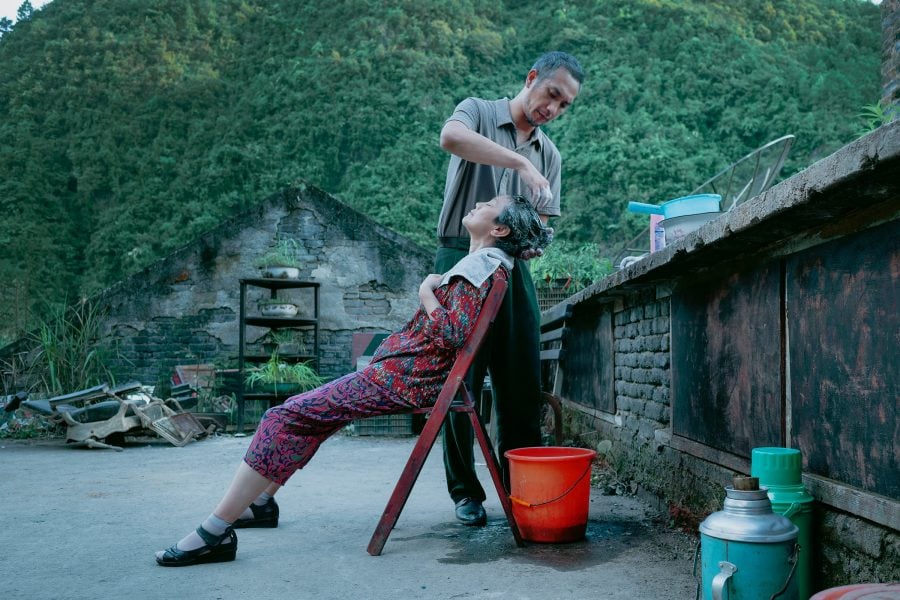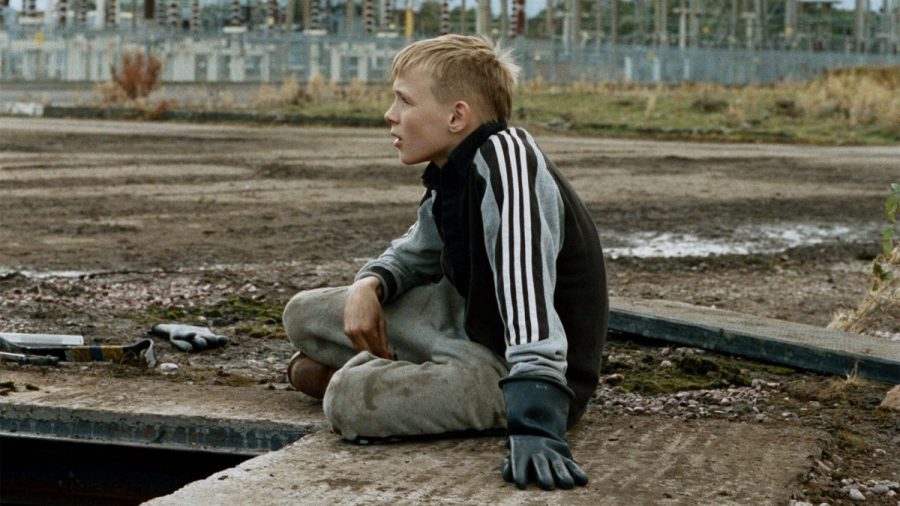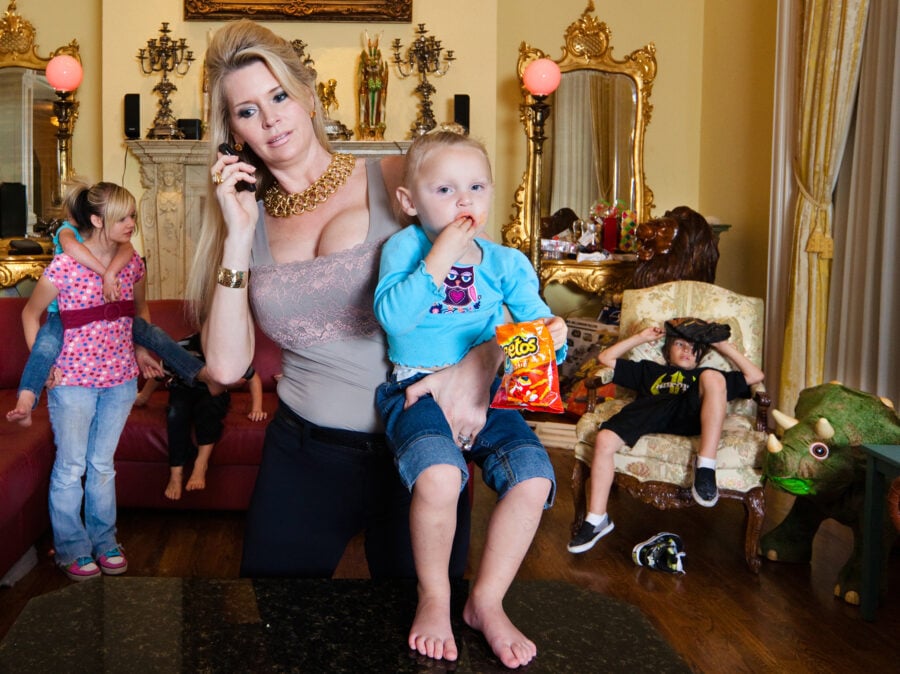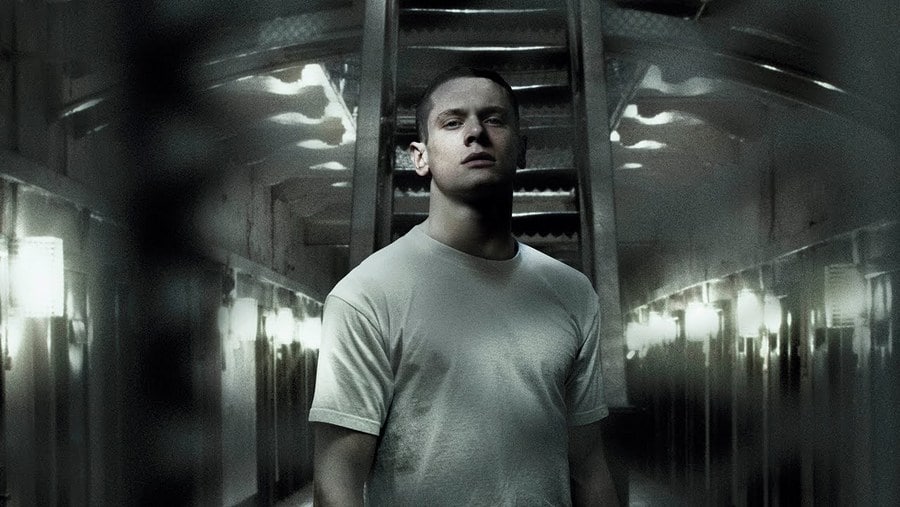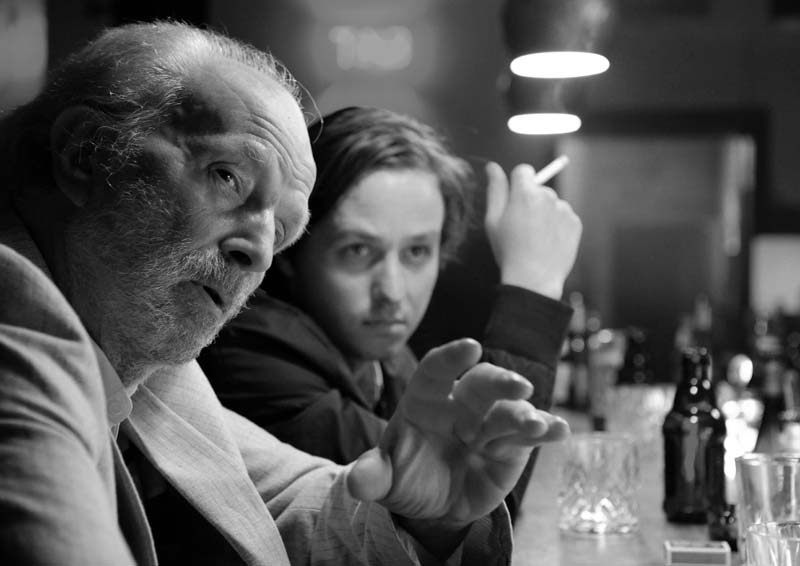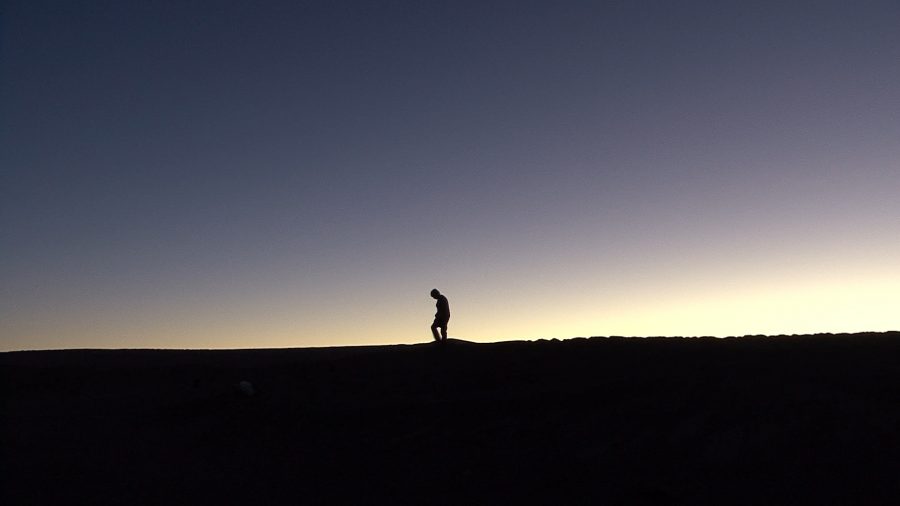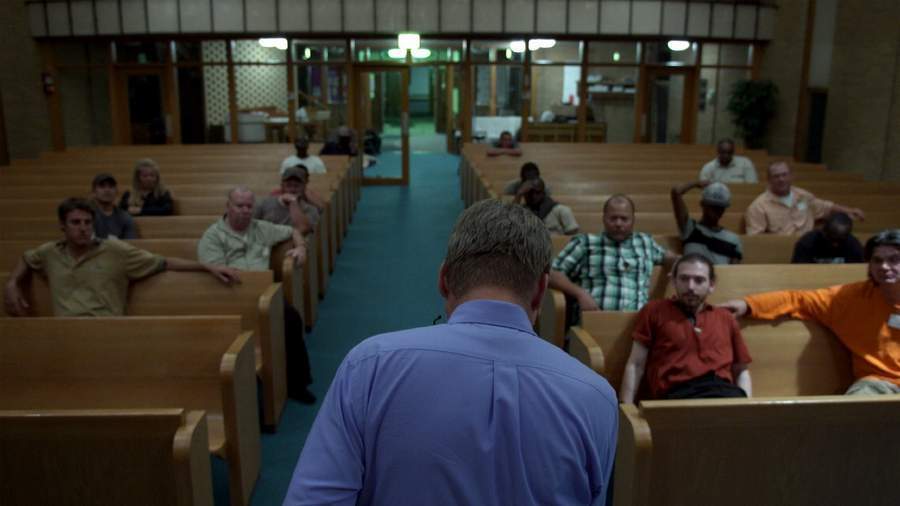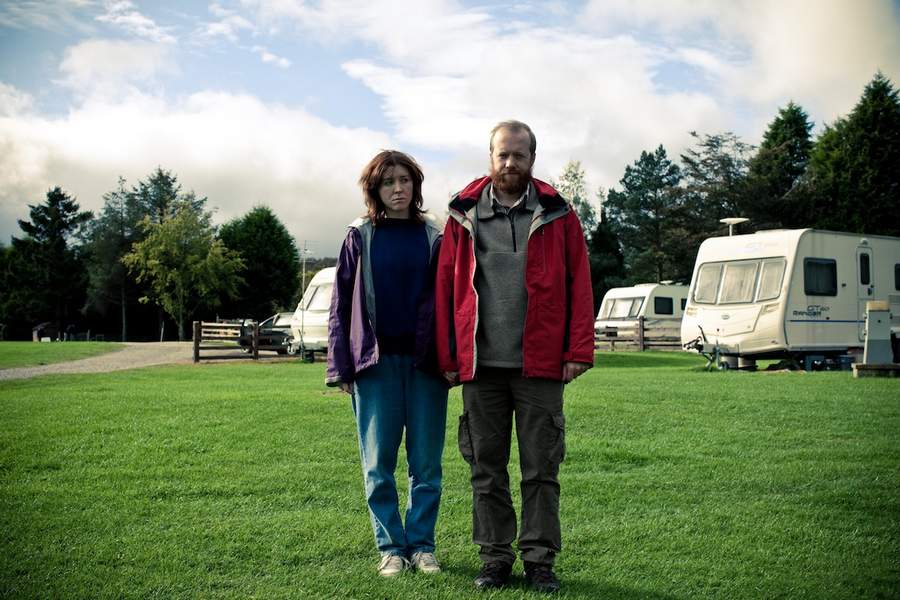Remember the name Rufus Norris. "Broken" is his directorial debut and he handles it like a seasoned pro. Also keep an eye out in the future for its young star, Eloise Laurence, who shows all the natural ability of a young Natalie Portman or Jodie Foster. Laurence plays "Skunk", a twelve year old trying to make sense of life - and whose task isn't made any easier by her own family's internal struggles, or the other families living in the peaceful-looking cul-de-sac where much of the action takes place. We're informed from the get-go that some sort of tragedy will befall the girl, but we don't know what shape it will take, or what the outcome of it will be. The tension builds from there, with a little relief along the way, thanks to her often-amusing performance as she witnesses the confusing actions of her elders. Tim Roth and Cillian Murphy are also in good form, both of whom seem happy to complement Laurence's presence rather than try to upstage her. "Broken" is equal parts cute, frightening, and brutally tense. It's well worth checking out.
Genre: Drama
Actor: Alicia Woodhouse, Andrew Frame, Bill Milner, Charlie Booty, Cillian Murphy, Clare Burt, David Webber, Denis Lawson, Eloise Laurence, Faye Daveney, George Sargeant, Lily James, Lino Facioli, Martha Bryant, Michael Shaeffer, Nell Tiger Free, Nick Holder, Nicola Sloane, Paul Thornley, Penny Layden, Robert Emms, Rory Kinnear, Rosalie Kosky, Seeta Indrani, Tim Roth, Zana Marjanovic
Director: Rufus Norris
Rating: Not Rated, Unrated

